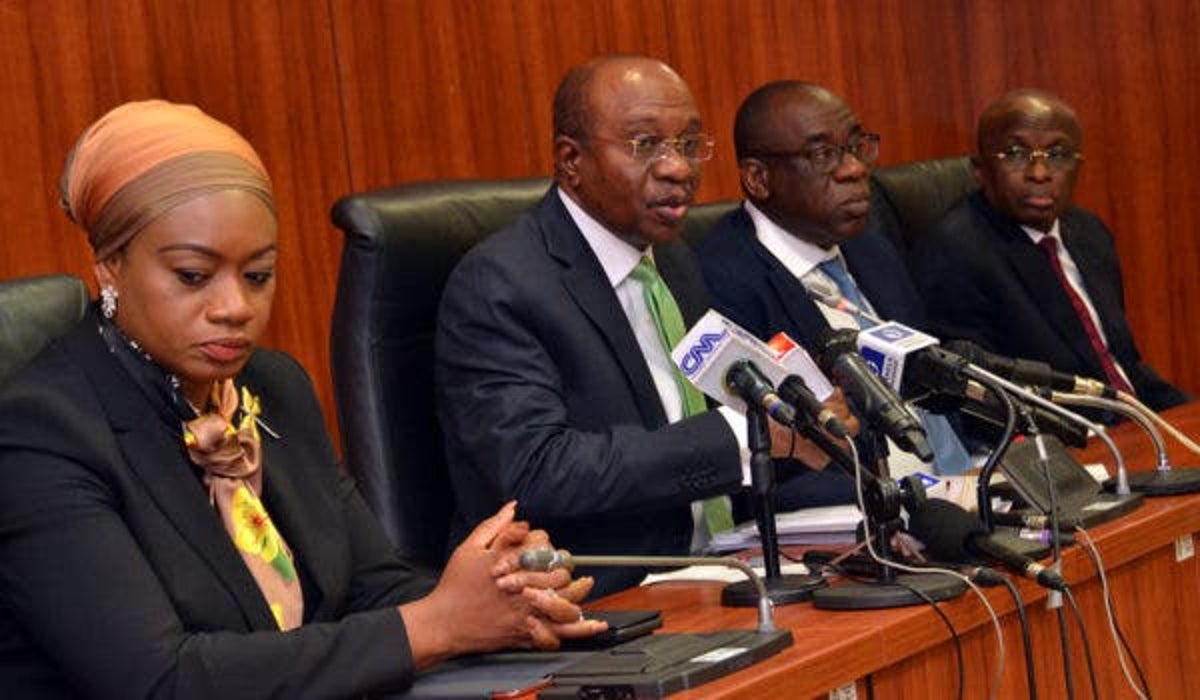Members of the Central Bank of Nigeria, (CBN) Monetary Policy Committee, (MPC) have expressed concern over the increasing Eurobonds component in Nigeria’s external debt structure.
They noted that the federal government’s preference of Eurobonds at high-interest costs, with the associated exchange rate risk may likely hurt Nigeria soonest.
In his personal statement in the just-released communiqué of the May 2022 meeting, a member of the Committee, Asogwa Robert, said: “The escalating fiscal sector deficits with the attendant rising debt ratios are part of the weak links in the domestic economic environment.
READ ALSO: CBN’s Naira4dollar promo fails to save Naira
Particularly worrisome about the debt structure was the increasing accumulation of Eurobonds in the external debt component while minimising concessionary loans. The unexplained government preference of Eurobonds at high interest costs, with the associated exchange rate risk may likely hurt Nigeria sooner than anticipated.
“Already, Nigeria is being mentioned by the IMF (International Monetary Fund) as one of the countries that may likely move into debt distress, given the staggering $100.07 billion dollars of public debt stock as at March 31, 2022.”
On his part, another member of the MPC, Mr Adenikinju Festus, in his personal statement said: “I am worried that Nigeria is not able to benefit maximally from the current upsides in the global oil market. “I am concerned about government budgetary performance. The rising share of governments in total credit to the economy by the banking system suggests crowding out effects of private sector borrowings.
“Government should divert to non-debt means of funding its activities. Government must grow its revenue base, reduce waivers to economic agents, plug leakages and wastes, and address the wasteful petrol subsidy system.”

 Business1 week ago
Business1 week ago
 Football1 week ago
Football1 week ago
 Entertainment6 days ago
Entertainment6 days ago
 Entertainment3 days ago
Entertainment3 days ago
 Comments and Issues6 days ago
Comments and Issues6 days ago
 Latest1 week ago
Latest1 week ago
 Business6 days ago
Business6 days ago
 Comments and Issues6 days ago
Comments and Issues6 days ago

